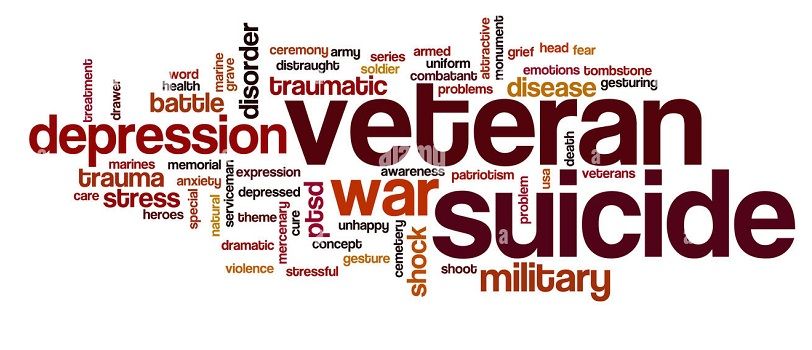Evidence-based therapies are among the most effective treatments for PTSD. They can include the following — which are in many cases available at a local VA medical center.
Cognitive Processing Therapy (CPT) helps Veterans to identify how traumatic experiences have affected their thinking, to evaluate those thoughts, and to change them. Through CPT, Veterans may develop more healthy and balanced beliefs about themselves others, and the world.
Prolonged Exposure (PE) helps Veterans to gradually approach and address traumatic memories, feelings, and situations. By confronting these challenges directly, Veterans may see PTSD symptoms begin to decrease.
Cognitive Behavioral Conjoint Therapy (CBCT) helps couples understand the effect of PTSD on relationships and can improve interpersonal communications. Veterans may also experience a change in thoughts and beliefs related to their PTSD and relationship challenges.
Eye Movement Desensitization and Reprocessing (EMDR) helps you process and make sense of your trauma. It involves calling the trauma to mind while paying attention to a back-and-forth movement or sound (like a finger waving side to side, a light, or a tone).




